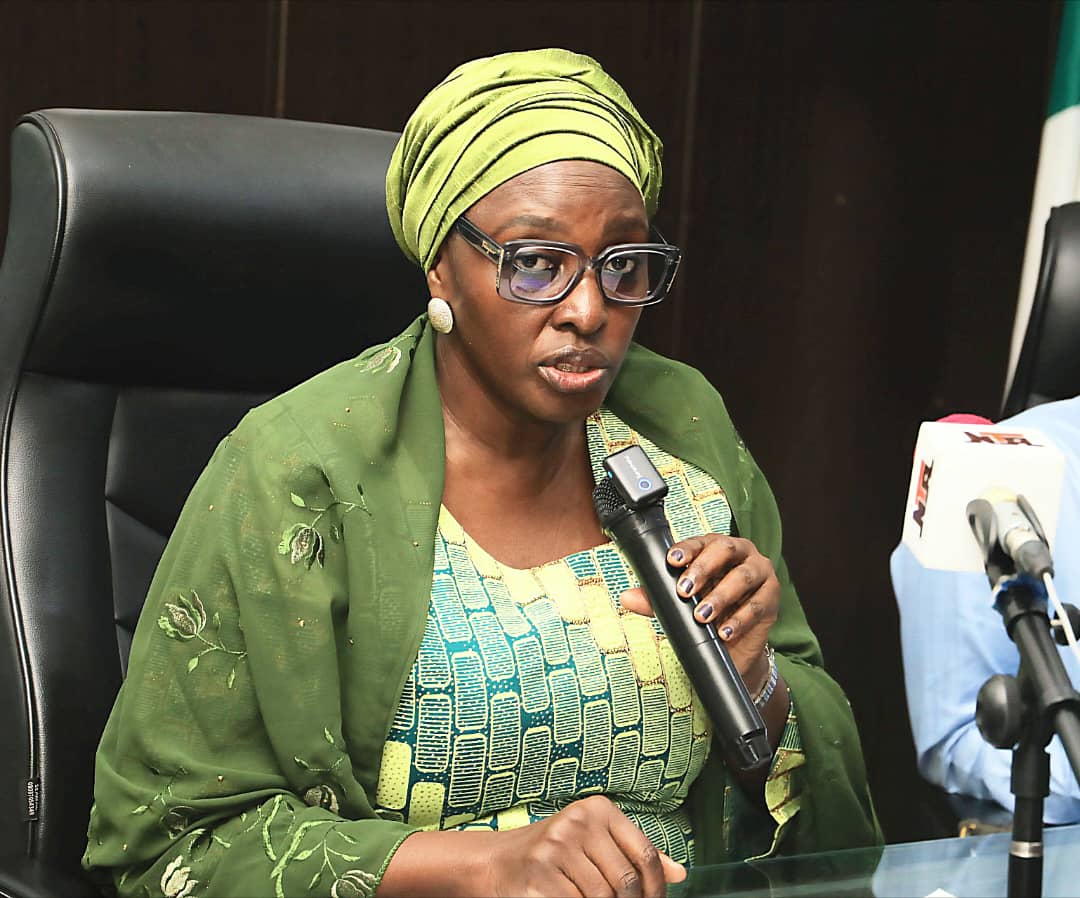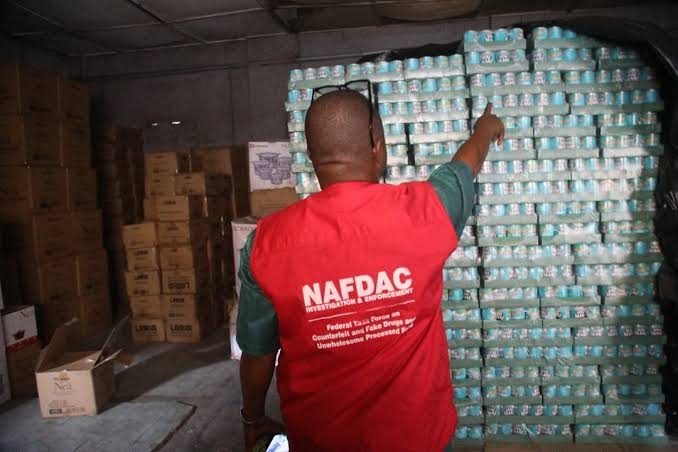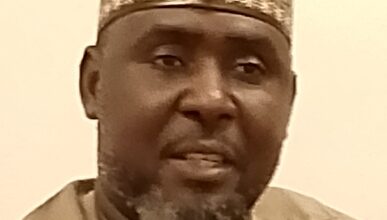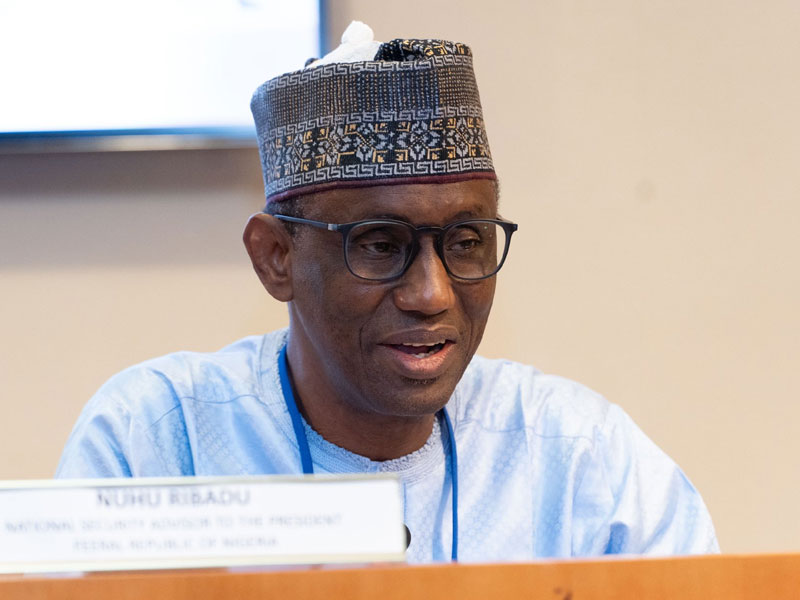Maiden National Lead Poisoning Elimination Day: FG Unveils National Policy to End Lead Poisoning, Vows Zero Tolerance for Toxic Exposure

By Fatima Saka
The Federal Government has unveiled a comprehensive national strategy to eliminate lead poisoning across Nigeria, pledging zero tolerance for toxic exposure that endangers the health of children, pregnant women, and communities nationwide.
Speaking in Abuja at the maiden commemoration of the National Lead Poisoning Elimination Day, the Coordinating Minister of Health and Social Welfare, Professor Muhammad Ali Pate, represented by the Permanent Secretary, Daju Kachollom, mni, reaffirmed the government’s determination to protect citizens from the deadly effects of lead exposure.
With the theme “No Safe Level: Act Now to End Lead Exposure,” the Minister described lead poisoning as a “silent but devastating threat” that undermines Nigeria’s human capital development and must be addressed with urgency and collective action.
“Lead poisoning is not just an environmental issue, it is a serious public health emergency,” he said.
“It damages the brain and nervous system, reduces IQ, causes behavioural challenges in children, and contributes to hypertension, kidney failure, and reproductive problems in adults. There is no safe level of exposure.”
Citing World Health Organization (WHO) data, he noted that one in every three children globally, about 850 million, has detectable blood lead levels, while lead exposure causes 47,000 deaths annually in Africa and costs the continent about $135 billion in lost productivity each year.
Pate recalled Nigeria’s painful experiences in Zamfara (2010), Niger (2015), and Sokoto (recently), where unsafe mining practices led to mass lead poisoning incidents that claimed hundreds of young lives.
“These tragedies remind us of our urgent duty to prevent recurrence and to protect future generations from preventable harm,” he stated.
To tackle the challenge, the Minister announced that the Federal Ministry of Health and Social Welfare, in collaboration with sister ministries and partners, has developed a National Lead Elimination Policy and a Five-Year Strategic Plan to coordinate prevention, detection, and response efforts nationwide.
“In September 2025, I inaugurated the National Inter-Agency Working Group on Lead Poisoning Elimination to strengthen surveillance, review regulations, and mobilize sustainable financing to end lead exposure in Nigeria,” he said.
He added that with support from Médecins Sans Frontières (MSF), the government has expanded blood lead testing capacity, provided treatment for affected children, and launched nationwide community sensitization campaigns promoting simple but effective preventive measures such as handwashing, safe water use, and hygienic dust control.
Looking ahead, Pate outlined key government priorities, including the official launch of the National Lead Elimination Policy, expansion of diagnostic networks, strengthening of surveillance and laboratory systems, ensuring access to treatment, enforcing regulations on lead in paints and consumer products, and continuous public awareness campaigns.
“The Federal Government remains fully committed to ending lead poisoning in Nigeria,” he reaffirmed.
“This aligns with our national health priorities and global efforts under WHO and UNEP to eliminate lead exposure worldwide.”
In her welcome address, Adegbite Olufumilola, the Director of the Public Health Department, Federal Ministry of Health and Social Welfare, described the day as a milestone in Nigeria’s public health history.
“It is my honour and privilege to welcome you all to the National Lead Poisoning Elimination Day, a landmark event reaffirming our commitment to safeguarding public health, particularly the health of our children, from the devastating effects of lead exposure,” she said.
She stressed that lead poisoning remains one of the most preventable yet under-recognized health challenges globally.
“As a potent neurotoxin, lead causes irreversible damage to the brain and nervous system, impairs learning and growth in children, and contributes to a range of chronic diseases in adults. There is no safe level of lead exposure, it is a shared responsibility to act decisively to eliminate this silent threat,” she said.
The Director recalled the lead poisoning outbreaks in Zamfara, Niger, and Sokoto States, noting that they strengthened Nigeria’s resolve to adopt stronger preventive policies, multi-sectoral collaboration, and robust community engagement.
“As we commemorate this day, let us renew our collective determination to build a lead-free Nigeria. Every action, from enforcing environmental standards to educating families, counts toward protecting the health of our people and the future of our nation,” she concluded.
READ ALSO: Sustaining the Lead in Climate Governance Ranking 2025 is a Collective Triumph for all Lagosians
One Dies in Oniru Auto Crash as LASEMA Responds to Gas Tanker Fall in Lekki
Development partners including UNICEF and the Clinton Health Access Initiative (CHAI) commended the Federal Ministry of Health for its leadership and pledged continued collaboration to strengthen inter-ministerial coordination, surveillance systems, and data-driven responses to lead exposure.
The commemoration, which featured technical presentations, goodwill messages, and public awareness sessions, marked Nigeria’s first official National Lead Poisoning Elimination Day,a demonstration of the country’s commitment to creating a lead-safe environment where every child can live, learn, and thrive.





